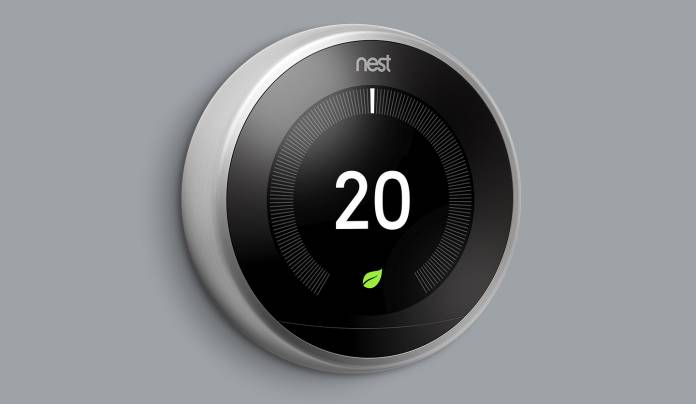
After the Texas power grid failed spectacularly a few months ago during a cold snap, you can’t blame residents from being wary of another possible similar incident during the current heatwave. They have apparently asked Texans to raise their thermostats during those times when it’s the hottest in order to save energy or something like that. Some residents though have discovered that energy companies can remotely adjust their smart thermostats because the fine print from a contract with a smart energy distribution system said they could.
Some Texas residents reportedly started seeing their thermostats shoot up to 78 degrees and it was being controlled remotely by their electricity provider. But before you think this is a massive conspiracy to override people’s decisions to lower or increase their thermostats, this actually something that they agreed to. The only ones that are experiencing this are actually those who have opted into the smart energy distribution systems.
Those who have smart thermostats are actually eligible for programs where they can get entries for sweepstakes, discounts on their monthly bills, or even another free smart thermostat. But there was some fine print that some may have chosen to ignore. They were actually opting-in to let their energy providers remotely adjust and increase their temperature “up to four degrees” without warning during times of the highest demand.
A lot of residents are probably enrolled in “Smart Savers Texas” but did not really read the terms especially the fine print. The Verge says that these thermostat companies says that those who are enrolled into these energy savings programs may override any changes made by the energy company using the thermostat or any connected app. But a lot of reports are saying that this is not the case.
Hopefully, this will not turn into the same thing from four months ago during the cold snap. But the fact that they are raising thermostats, even though it’s just a few degrees, during the hottest parts of the days seem to be ripe for another disaster.









